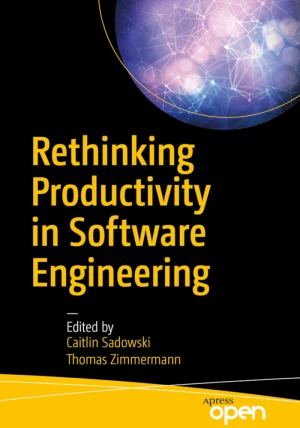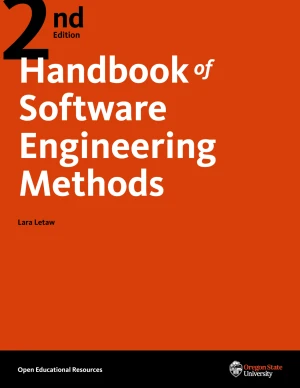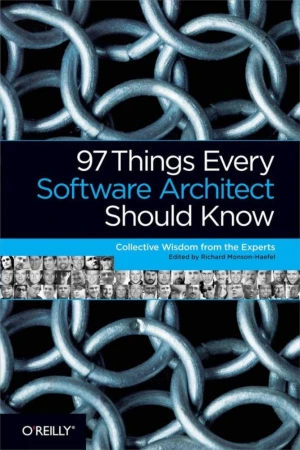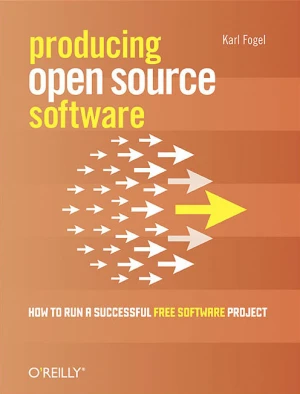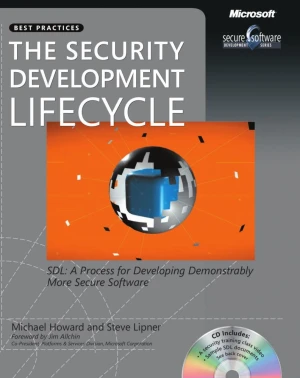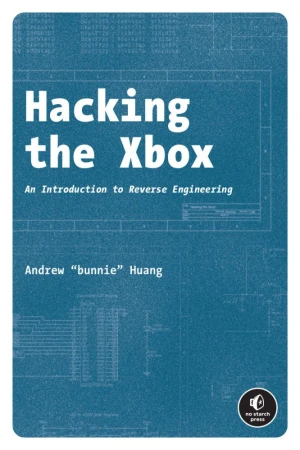Evidence-based Software Engineering
Based on the publicly available data

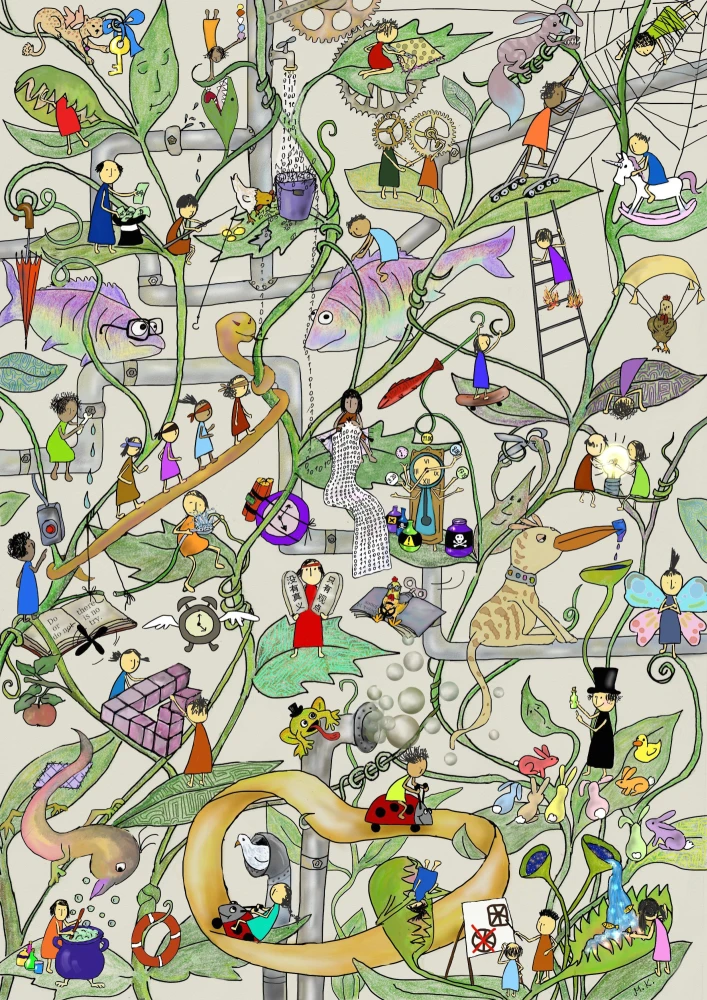
Book Details
| Author | Derek M. Jones |
| Publisher | Knowledge Software |
| Published | 2020 |
| Edition | 1st |
| Paperback | 455 pages |
| Language | English |
| ISBN-13 | 9798411832860 |
| ISBN-10 | 8411832864 |
| License | Creative Commons Attribution-ShareAlike |
Book Description
This book discusses what is currently known about software engineering based on an analysis of all publicly available software engineering data. This aim is not as ambitious as it sounds because there is not a lot of data publicly available.
The analysis is like a join-the-dots puzzle, except that the 600+ dots are not numbered, some of them are actually specs of dust, and many dots are likely to be missing. The way forward is to join the dots to build an understanding of the processes involved in building and maintaining software systems; work is also needed to replicate some of the dots to confirm that they are not specs of dust, and to discover missing dots.
The dots are sprinkled across chapters covering the major issues involved in building and maintaining a software system; when dots could be applicable to multiple issues your author selected the issue he felt maximized the return on use. If data relating to a topic is not publicly available, that topic is not discussed. Adhering to this rule has led to a very patchy discussion, although it vividly highlights the almost non-existent evidence for current theories of software development. The intended audience is software developers and their managers. Some experience of building software systems is assumed.
The material is in two parts, one covering software engineering and the second introducing analysis techniques applicable to the analysis of software engineering data.
This book is available under a Creative Commons Attribution-ShareAlike license (CC BY-SA), which means that you are free to copy, distribute, and modify it, as long as you credit the original author and license any derivative works under the same terms.
If you enjoyed the book and would like to support the author, you can purchase a printed copy (hardcover or paperback) from official retailers.
Download and Read Links
Share this Book
[localhost]# find . -name "*Similar_Books*"
Rethinking Productivity in Software Engineering
Get the most out of this foundational reference and improve the productivity of your software teams. This book collects the wisdom of the 2017 "Dagstuhl" seminar on productivity in software engineering, a meeting of community leaders, who came together with the goal of rethinking traditional definitions and measures of productivity. The results of
Handbook of Software Engineering Methods, 2nd Edition
This book does not purport to teach the reader how to be a software engineer, a skill that is cultivated over time through practice. Instead, it focuses on software engineering methods - defined as the approaches people use to achieve specific objectives in the field - which can salvage a project. The author's objective is for readers to feel bette
97 Things Every Software Architect Should Know
In this truly unique technical book, today's leading software architects present valuable principles on key development issues that go way beyond technology. More than four dozen architects - including Neal Ford, Michael Nygard, and Bill de hOra - offer advice for communicating with stakeholders, eliminating complexity, empowering developers, and m
Producing Open Source Software, 2nd Edition
The corporate market is now embracing free, "open source" software like never before, as evidenced by the recent success of the technologies underlying LAMP (Linux, Apache, MySQL, and PHP). Each is the result of a publicly collaborative process among numerous developers who volunteer their time and energy to create better software. The truth is, ho
The Security Development Lifecycle (SDL)
Your customers demand and deserve better security and privacy in their software. This book is the first to detail a rigorous, proven methodology that measurably minimizes security bugs - the Security Development Lifecycle (SDL). In this long-awaited book, security experts Michael Howard and Steve Lipner from the Microsoft Security Engineering Team
Hacking the Xbox
This hands-on guide to hacking begins with step-by-step tutorials on hardware modifications that teach basic hacking techniques as well as essential reverse engineering skills. The book progresses into a discussion of the Xbox security mechanisms and other advanced hacking topics, with an emphasis on educating the readers on the important subjects

